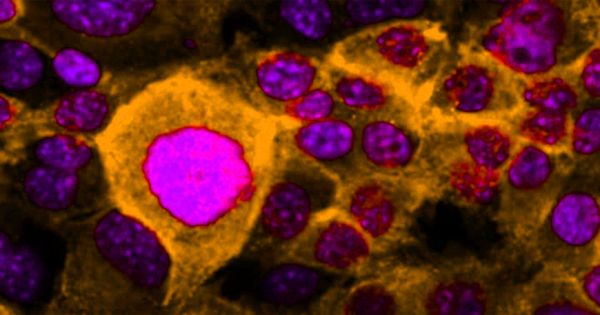Potassium is a mineral used as an electrolyte. It is required for the proper operation of cells, tissues, and organs. It is required for muscle contraction, proper heart function, and nerve signal transmission. As an electrolyte, potassium, like sodium, is required for maintaining cell membrane potential and regulating acid-base balance in the body. It’s also required by a few enzymes, including one that aids in the conversion of carbohydrates into energy. It is required for the electrical activity of the heart, as well as for skeletal and smooth muscle contraction and optimal nerve activity.
Potassium deficiency, also known as hypokalemia, is a condition in which a person’s body does not get enough potassium. It could be due to a poor diet or loss as a result of diarrhoea or vomiting. High blood pressure, constipation, muscle weakness, and fatigue can all be symptoms of potassium deficiency.
Fruits and vegetables high in potassium include bananas, avocado, dark leafy greens, beets, potatoes, and plums. Orange juice and nuts are also good sources. Small changes in potassium levels can have an impact on our bodily functions. Potassium maintains electrical activity in our bodies’ cells. When this level falls, it has an effect on cells with high electrical activity, such as nerves, muscles, and the heart.
Excessive fluid loss is the most common cause of potassium deficiency. Extensive vomiting, kidney disease, or the use of certain medications, such as diuretics, is examples. Severe potassium deficiency can result in muscle paralysis or irregular heart rhythms, which can lead to death.

Deficiency Symptoms:
Potassium deficiency symptoms are not always noticeable. A routine blood test can reveal the potassium levels in your body. Muscle cramping and weakness are symptoms of potassium deficiency. Other symptoms include constipation, bloating, and abdominal pain caused by intestine paralysis.
- Hypertension
- Congestive heart failure
- Nausea and vomiting
- Tingling and numbness
- Abdominal cramps and bloating
- Constipation
- Cardiac arrhythmia
- Muscle cramps, fatigue and weakness
- Depression and other mood changes
Diagnosis
Potassium deficiency can result in potentially fatal medical conditions. It is usually caused by a potassium loss from the GI tract or kidney. Potassium deficiency can be treated with a well-balanced diet and prescribed medications. A blood test is used to diagnose it. A test may be ordered by your doctor as part of a routine medical examination, or if you have high blood pressure or kidney disease.
A blood test can detect abnormalities in potassium levels. This is capable of detecting both potassium deficiency (hypokalemia) and potassium elevation (hyperkalemia) (hyperkalemia). This test is particularly useful in monitoring kidney failure patients who are undergoing hemodialysis.
Treatment
Supplementing with potassium is only advised under medical supervision. Children, in particular, should not be given potassium supplements unless prescribed by a doctor. These supplements are commonly available in the form of potassium salts of acetate, gluconate, bicarbonate, citrate, and chloride.
If you have low potassium levels, your doctor may advise you to take a potassium supplement. A potassium supplement should only be taken under medical supervision, as having too much potassium in the body can cause serious health problems. If your levels are extremely low, you may require potassium via a drip in the hospital.
















